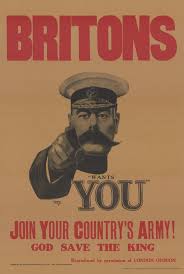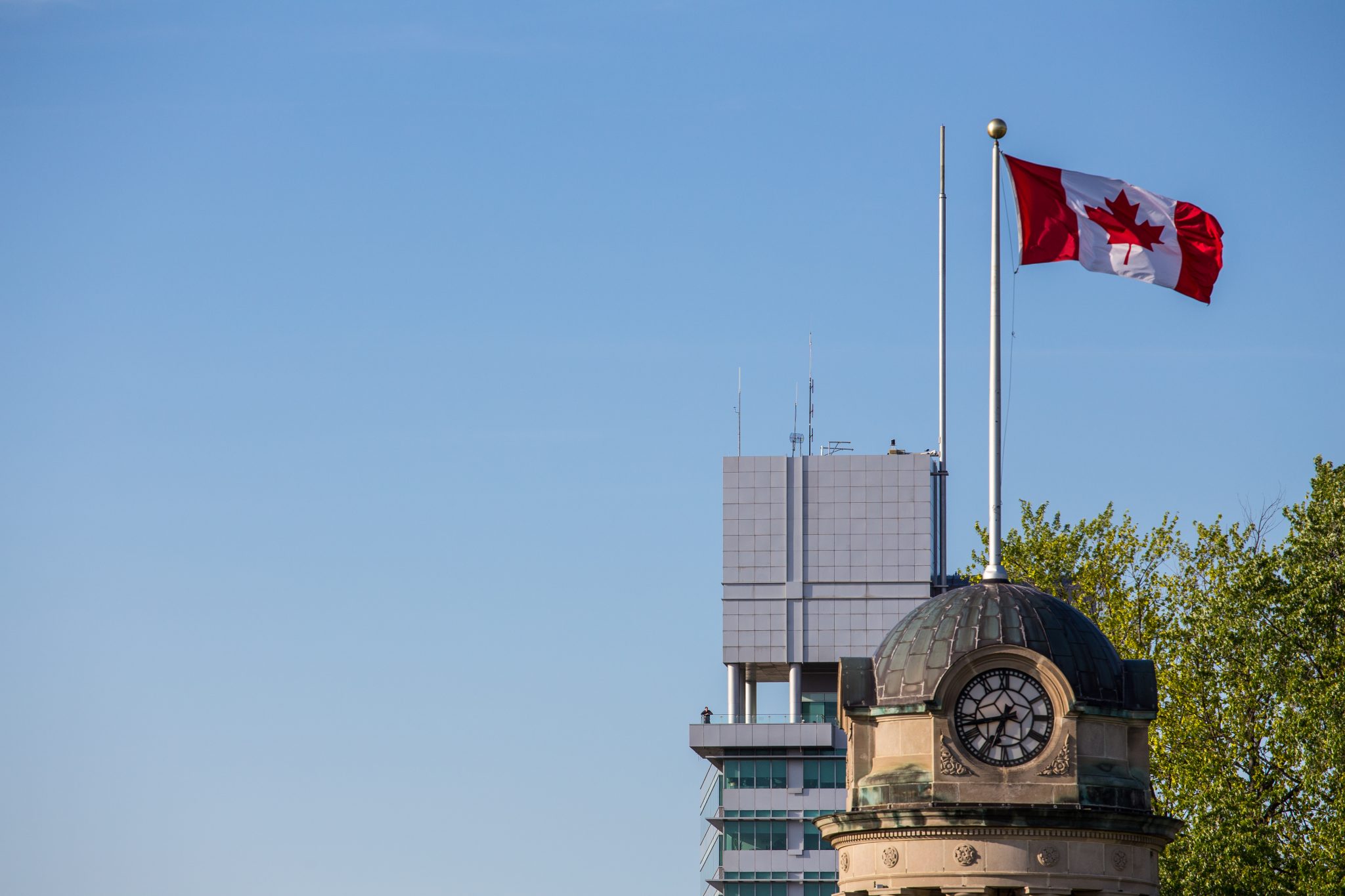By now you are probably familiar with the story about how the city of Berlin voted to change its name in 1916. When the special committee to city council came up with the long list of names, Kitchener wasn’t even on the list.
A few weeks before the vote, British Secretary of State for War, Lord Horatio Herbert Kitchener, died. Kitchener drowned off the coast of Scotland near the Orkney Islands when his ship struck a German mine.
A push came to add Kitchener to the list of new names for Berlin.
But who was Lord Kitchener?

Horatio Kitchener was born in 1850 in County Kerry, Ireland. He studied in Switzerland and established his military career in Egypt, Sudan, and South Africa.
Kitchener was celebrated as a national hero in Great Britain for his efforts in bringing Sudan back under British colonial rule. In South Africa, Kitchener replaced Lord Roberts as commander in chief of the Second Boer War. As commander, Kitchener instated new, ruthless measures against the Boer resistance.
Under Kitchener, the British used a policy of scorched earth and concentration camps to weaken the Boer resistance and secure a British victory.
Originally created for prisoners of war, the camps were expanded under Kitchener’s leadership. The scorched earth policy displaced thousands of families, who were then moved into the British camp system as “refugees.” A separate camp was created for Black people who supported the Boer resistance and they became forced labourers for the British.
These camps were not to the same scale and lacked the ideological backing of those orchestrated by the Nazis in the second world war, but the disregard for human life is consistent. Hunger and diseases like measles, dysentery, and typhoid were rampant in Kitchener’s concentration camps.
The Treaty of Vereeniging, signed on May 31, 1902, ended hostilities. The camps were disbanded and detainees were gradually released back to their families but the damage had been done. In a period of little more than a year, from May 1901 to June 1902, it’s estimated that more than 48,000 people, about 22,000 of them children, died due to the poor conditions in the camps.
The legacy of the camp system, especially the separation of black and white people, laid the foundation for Apartheid in South Africa.
Fast forward to the First World War, Lord Kitchener was the British Secretary of State for War. The face of Britain’s famous recruitment propaganda, Kitchener had become a household name.
Then he died unexpectedly. While sailing to Russia on a diplomatic mission, his ship hit a mine and he drowned.
Across the Atlantic, our young city in southwestern Ontario was having a crisis of identity. The war had heightened anti-German sentiment across Canada.
We were a country at war. The vote was cast in haste. Voting just a few weeks after Kitchener’s death and with a slim majority (and only 346 votes in favour) it was decided that Kitchener would be the new name of Berlin. Named for a man who had never been to Canada and probably had never heard of our Berlin.
Becoming the city of Kitchener was an opportunity for our city to show our loyalty to the British and squash the idea that our city was supporting Germany during the war.
So what does it mean for our city to be named after someone responsible for creating a concentration system that led to the deaths of almost 50,000 people over the course of one year?
Should we consider renaming our city? I don’t have the answer.
If we look closely, we’ll be disappointed by much of our history, but I think the way forward involves looking closely, no matter how uncomfortable it may be.




Leave a Reply